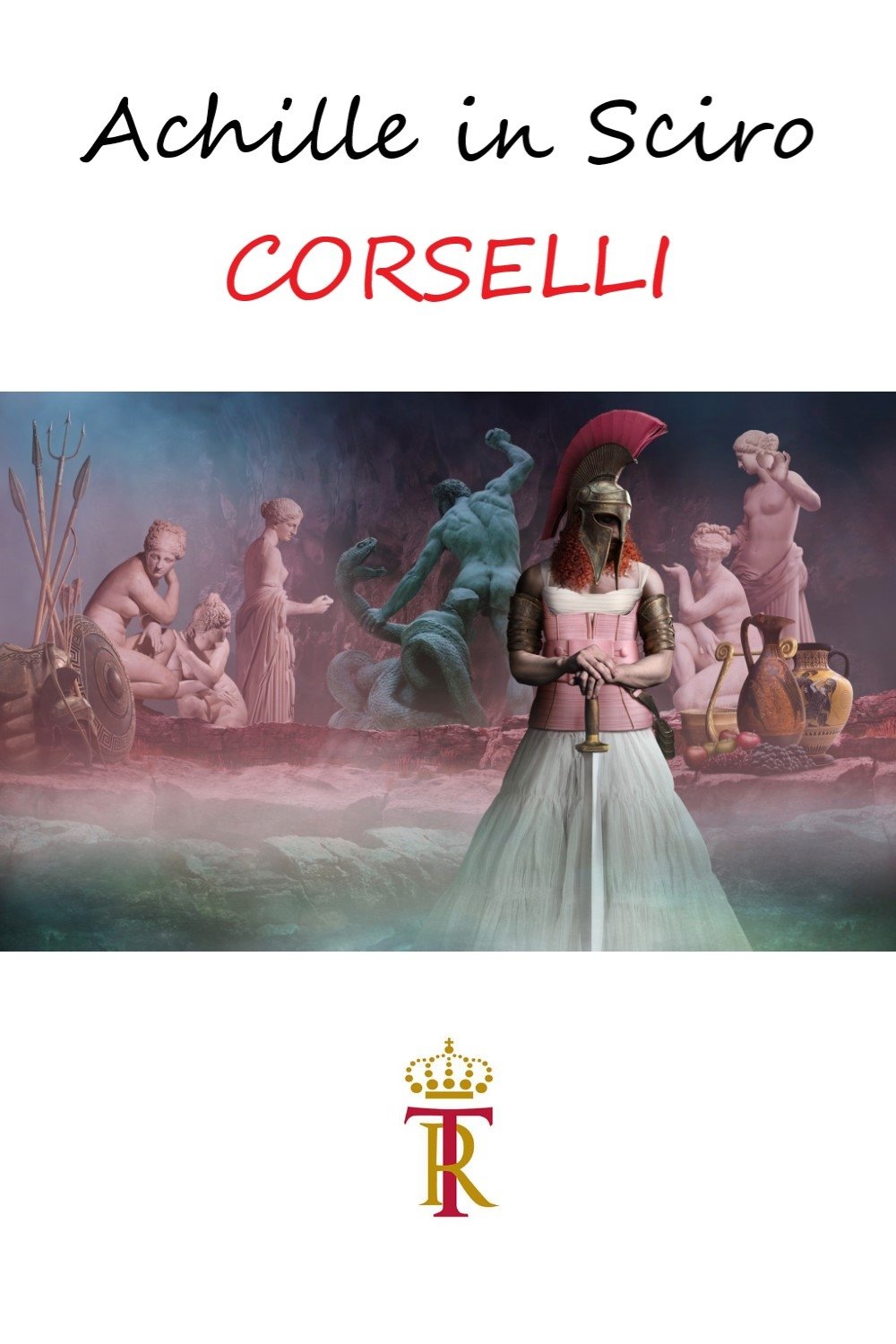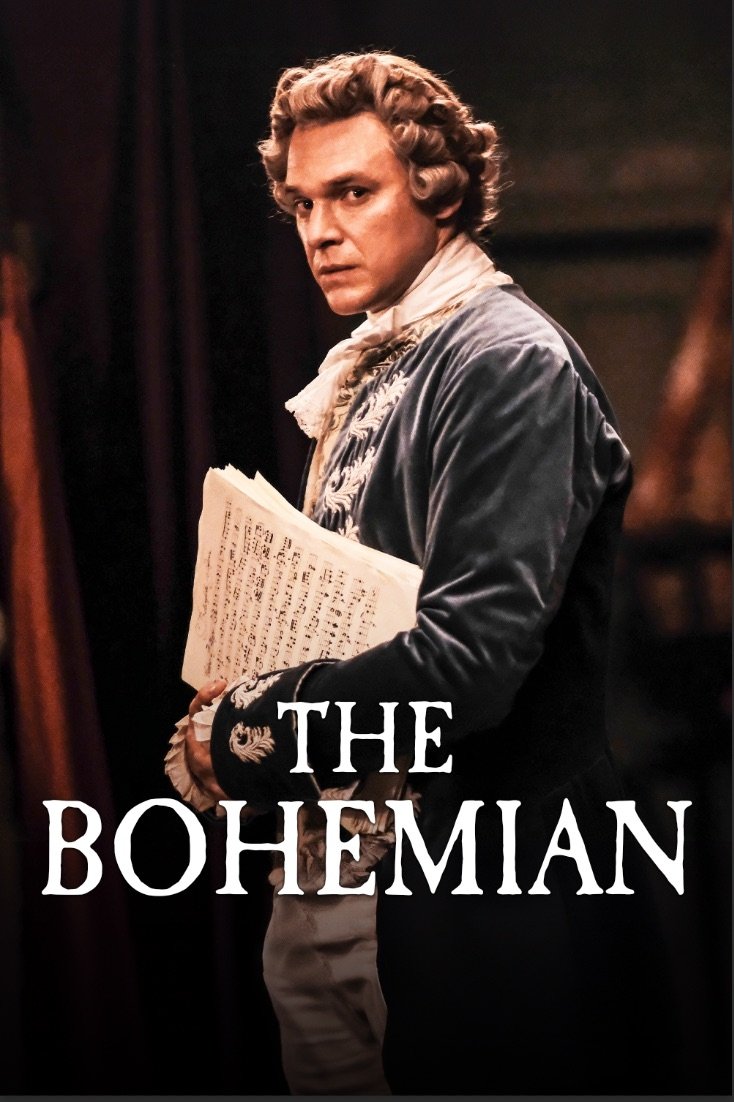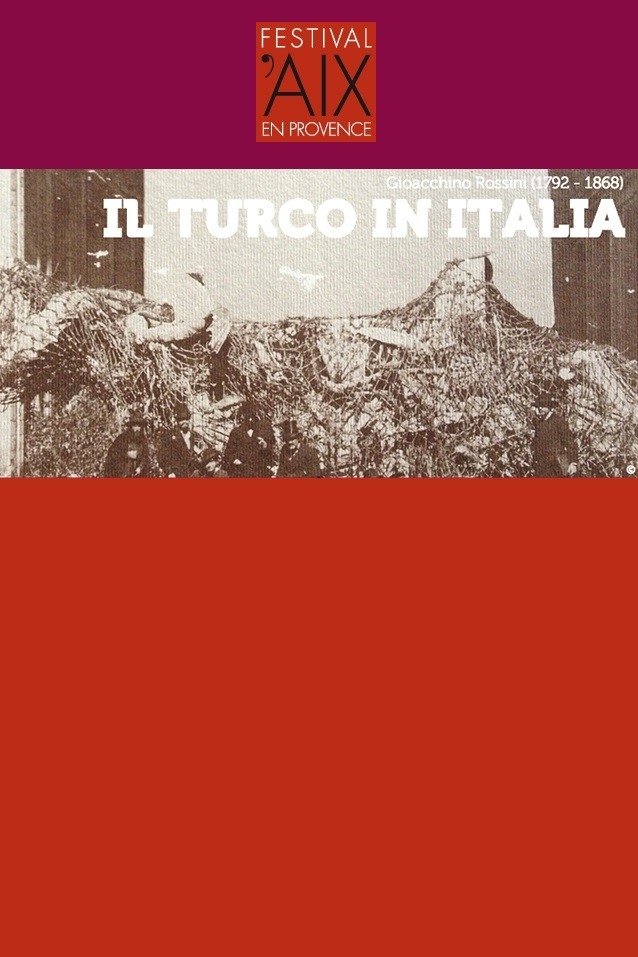

Il Giustino relates the appearance of the goddess Fortune to the peasant Giustino, his rise to leadership of the Byzantine army and the defeat of a Scythian army under Vitaliano, and the jealousy of the emperor Anastasio, who suspects Giustino of having designs on his wife Arianna and on the throne itself. Will all the intrigues be foiled, the misunderstandings straightened out for a peasant to be proclaimed emperor? Il Giustino was originally composed for the 1724 Rome carnevale by Antonio Vivaldi to a libretto by Nicolò Beregan. Vivaldi's score is full of picturesque detail.

Thetis, mother of Achilles, disguises her son as a woman to hide him in the court of King Lycomedes of Scyros and prevent him being sent off to the Trojan War. The plan begins to come apart when Achilles, incapable of subduing his virility, falls in love with Princess Deidamia. Disguise and transvestism have been an essential part of opera plots from the Venetian origins of the genre. In line with this tradition, the story of Achilles on the Island of Scyros inspired more than 30 compositions for voice based on Metastasio’s libretto of 1737. The Italian composer Francesco Corselli was a key figure in Spanish opera of the 18th century. As Kapellmeister of the Royal Chapel of Madrid for nearly 30 years, he was the principal supplier of opera to the Spanish court. Some of these were under the artistic direction of the famous castrato Farinelli.

The year is 1764. For over a year, Josef has been leading a precarious life in Venice. He hopes to become an opera composer. The city, full of talented and already-established composers, seems closed to him. Looking for work as a violinist, he comes into the orbit of a rich young woman. Thanks to her, he gets the opportunity to play at salons. But his real opportunity arises when he becomes the lover of a libertine marquise. She teaches him worldly manners, rids him of signs of a provincial upbringing and introduces him to a hedonistic existence free from religious intolerance. Thus transformed, Josef gets an incan incredible commission: to write an opera for the San Carlo, Europe's largest theatre.

In the bright sunlight of opera buffa, a handsome Turkish prince (with an agile bass voice) lands on the coast of Naples looking for amorous adventures. In no time at all he meets a vivacious Italian girl (a coquettish virtuoso soprano), who is accustomed to flitting between admirers, much to the displeasure of her elderly husband. This little group carries on its flirtations, rivalries and quarrels under the delighted eyes of the poet Prosdocimo, who, as it happens, has been seeking inspiration for a dramma buffo.
By browsing this website, you accept our cookies policy.